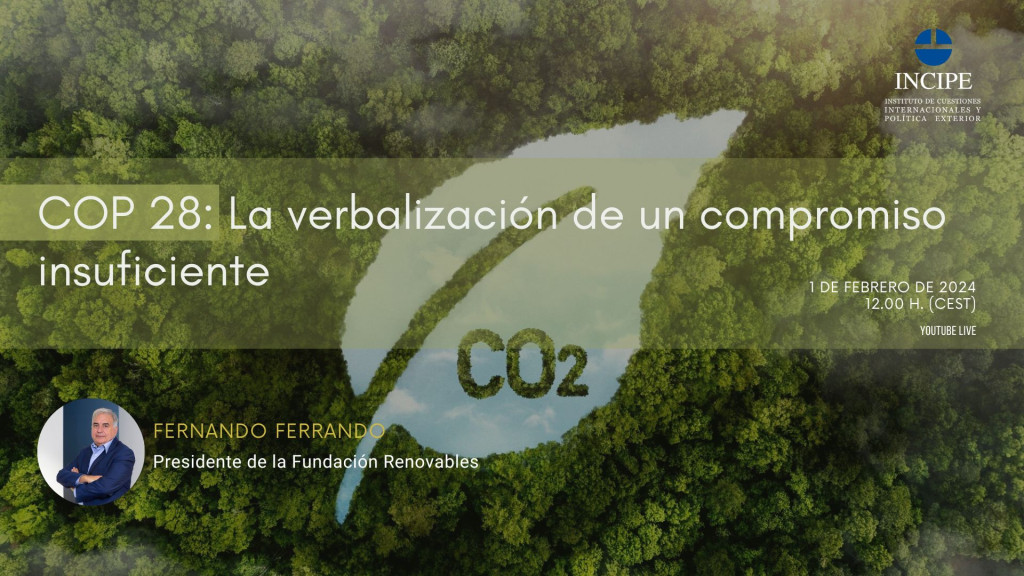Fernando Ferrando began his speech by highlighting that at this moment we have already exceeded six of the nine limits set by Stockholm University for maintaining the health of the earth. He continues to highlight that, worldwide, in seven months we consume the natural resources of an entire year, and, in the case of Spain, we consume 2.4 times above our possibilities.
Since the 1950s and the development of the industrial phase, the acceleration in energy demand has multiplied by eight, which is why we have a serious problem of increased energy consumption, highlights Ferrando. Energy consumption in 20 years has increased by 2,100 kWh per capita, multiplied by 1.7 billion more people than in the year 2000 globally, a consumption that is also based on the use of fossil fuels.
Ferrando goes on to point out that, in the European Union, the cost of economic losses due to extreme events has been seriously increasing over the last six years; losses that, when transferred to developing countries, are even greater.
Regarding the verbalization of the recognitions of the last COP 28, he recalls that the agreement reached is not binding for the countries. Furthermore, in relation to the agreed objectives, he highlights that the commitment was reached to triple global renewable capacity, but without mentioning the need for the electrification of demand to replace fossil fuels; He also notes that it was agreed to accelerate efforts to reduce coal energy production, but without concrete measures; and that it was agreed to transition, rather than eradicate, to leave oil, gas and coal behind.
Regarding the recognitions of the COP 28 at the level of means and economic support, the creation of a loss and damage fund stands out, which will be managed by the World Bank, and which, Ferrando considers, has a fairly reduced commitment, taking taking into account that the needs are 400 billion, and that the fund is being provided with 792 million.
Regarding possible solutions, Ferrando emphasizes that population and economic growth will continue to increase the consumption of energy and materials, and that the growth model based solely on the development of technology is not enough, so it should be consider whether it is necessary to change the production and consumption model.
In the last block of the session, a debate took place, in which participants asked some questions on topics such as the insufficiency of the so-called Loss and Damage Fund, created at the proposal of the last COP 27; about the different methods of emissions reduction; as well as on the possibilities of renewable energy production.
There was also discussion about China and its energy consumption model, the need to decrease those activities that are not sustainable, and the possibility of using nuclear energy. In addition, they discussed the relationship between global warming and extreme phenomena, the position of public opinion regarding climate change, and the future COP29.
Elena Ferro
INCIPE

